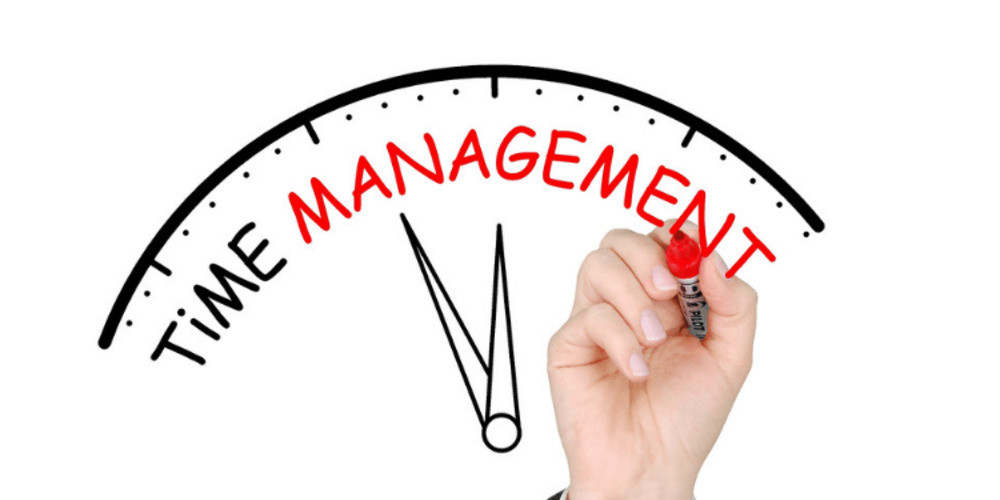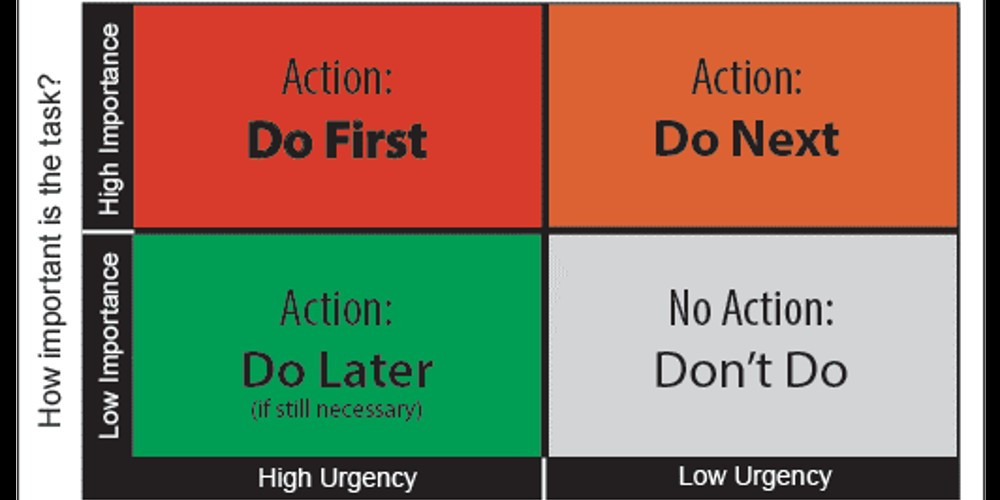The Comprehensive Guide to Mastering Time Management: Elevate Your Productivity

Time is a universal asset that everyone shares, yet managing it can be notoriously challenging. With constant distractions and an overwhelming number of responsibilities, excelling in time management is crucial for attaining success and ensuring life remains balanced. This detailed guide explores numerous methods, strategies, tools, and philosophies aimed at improving life organization. Ideal for professionals, students, or anyone aiming to enhance their daily schedule, this guide provides actionable insights that can revolutionize your time management skills and greatly increase your efficiency.
Understanding Time Management
Time management entails strategically organizing and regulating the time dedicated to various activities to boost productivity, efficiency, and effectiveness. This process includes several key skills such as setting objectives, prioritizing responsibilities, and tracking how time is spent. By developing these capabilities, people can enhance their management of time, leading to a better quality of life by reducing the stress and worry that comes with upcoming deadlines and long lists of tasks.
Setting Goals and Prioritizing Tasks

Effective time management starts with setting clear, achievable objectives. These objectives act as benchmarks and directions for reaching your goals. Once these goals are established, organizing your tasks efficiently becomes crucial. The Eisenhower Matrix is a valuable method for organizing tasks by categorizing them into four quadrants according to their urgency and significance. First, tackle tasks that are both urgent and important. Next, schedule tasks that are important but not urgent for later. Tasks that are urgent but not important can be assigned to someone else, and tasks that are neither urgent nor important should be eliminated from your agenda.
Planning and Scheduling
Once you've determined your main objectives, it's crucial to organize and map out your responsibilities. Employing a planner or calendar is key for setting aside specific periods for each task. The strategy of time-blocking, which involves dedicating distinct time intervals to different tasks, can greatly enhance your ability to concentrate and adhere to your agenda. Moreover, using the Pomodoro Technique, which involves intense work sessions followed by brief pauses, can boost your efficiency by maintaining mental clarity and preventing fatigue.
The Art of Delegation

Delegating tasks is an essential part of effective time management. By assigning duties to other team members, you can allocate more of your time to focus on tasks that specifically require your skills. Learning to trust and rely on your team members can significantly relieve your workload, enabling you to dedicate yourself to high-priority areas where your expertise is most needed.
Utilizing Time Management Tools and Apps
In our digital age, various tools and apps are available to help you manage your time more efficiently. Task management apps like Asana, Trello, or Todoist can help you keep track of your tasks and deadlines. Time tracking apps like RescueTime or Toggl provide insights into how you spend your time, enabling you to make adjustments if necessary. Moreover, app integrations can streamline your workflow by connecting your time management tools with other productivity apps you use.
Minimizing Distractions and Time Wasters

Distractions are the archenemies of productivity. Identifying and minimizing distractions is crucial for effective time management. This could mean turning off notifications on your phone, having a dedicated workspace, or setting boundaries with colleagues or family members. It's also important to recognize and curb time-wasting habits, like excessive social media usage or unnecessary meetings that do not contribute to your goals.
Building Healthy Routines and Habits
Establishing consistent routines and habits is crucial for effective time management. By creating structured daily rituals, you minimize the need for decision-making about everyday tasks. Starting your day with a set morning routine can kick-start productivity, while an evening routine aids in relaxation and prepares you for a rejuvenating sleep, positioning you to tackle the next day's tasks with renewed vigor.
Learning to Say No

A highly effective, albeit frequently underestimated, strategy for managing time is mastering the art of refusal. Overcommitting can cause exhaustion and lower the standard of your output. By declining requests or engagements that don't match your objectives or priorities, you can keep your focus sharp and manage your time more effectively.
Reflecting and Adjusting Your Approach
Effective time management demands a personalized approach that embraces ongoing evaluation and modification. It's essential to periodically assess your efficiency and be open to refining your methods. This cyclical approach ensures you're constantly improving and optimizing your time management strategies, leading to sustained success.
Conclusion
Navigating the path of effective time management is a continuous endeavor that can enhance both your productivity and your overall well-being. By setting clear objectives, prioritizing your responsibilities, mastering schedule management, and leveraging appropriate tools, you can take command of your time and realize your potential. It's important to maintain consistency, establish routines, and have the fortitude to decline requests when necessary. These strategies are key to managing your time effectively and ensuring that you make space for your most significant activities. Implementing these tactics will not only boost your efficiency but also help you achieve a more balanced and rewarding life.
Latest posts
See more-
![The Last of Us Part II: In-Depth Character Analysis and Storyline Exploration]() Editor’s Choice
2024-08-11
The Last of Us Part II: In-Depth Character Analysis and Storyline Exploration
The Last of Us Part II is an action-adventure video game that has gained significant popularity since its inception. Developed with immense creative prowess by...
Editor’s Choice
2024-08-11
The Last of Us Part II: In-Depth Character Analysis and Storyline Exploration
The Last of Us Part II is an action-adventure video game that has gained significant popularity since its inception. Developed with immense creative prowess by...
-
![CrossCode Developer Announces Alabaster Dawn, Enters Early Access in Late 2025]() News
2024-08-12
CrossCode Developer Announces Alabaster Dawn, Enters Early Access in Late 2025
In 2021, Radical Fish Games initially introduced a new action RPG titled Project Terra. Now, they have officially named it Alabaster Dawn and announced that...
News
2024-08-12
CrossCode Developer Announces Alabaster Dawn, Enters Early Access in Late 2025
In 2021, Radical Fish Games initially introduced a new action RPG titled Project Terra. Now, they have officially named it Alabaster Dawn and announced that...
-
![Alabaster Dawn Planned to Have 30-60 Hours of Playtime, Demo Launching in Early 2025]() News
2024-08-13
Alabaster Dawn Planned to Have 30-60 Hours of Playtime, Demo Launching in Early 2025
Radical Fish Games has made an exciting announcement regarding their upcoming action RPG, Alabaster Dawn, which is set to enter early access in 2025. In...
News
2024-08-13
Alabaster Dawn Planned to Have 30-60 Hours of Playtime, Demo Launching in Early 2025
Radical Fish Games has made an exciting announcement regarding their upcoming action RPG, Alabaster Dawn, which is set to enter early access in 2025. In...
Latest Reviews
See more-
![]() Action
Cult of the Lamb
Action
Cult of the Lamb
-
![]() Action
WILD HEARTS™
Action
WILD HEARTS™
-
![]() Casual
Gacha Club
Casual
Gacha Club
-
![]() Action
Call of Duty®: Warzone™ 2.0
Action
Call of Duty®: Warzone™ 2.0
-
![]() Action
Gacha Cute
Action
Gacha Cute
-
![]() Action
Cuphead - The Delicious Last Course
Action
Cuphead - The Delicious Last Course










